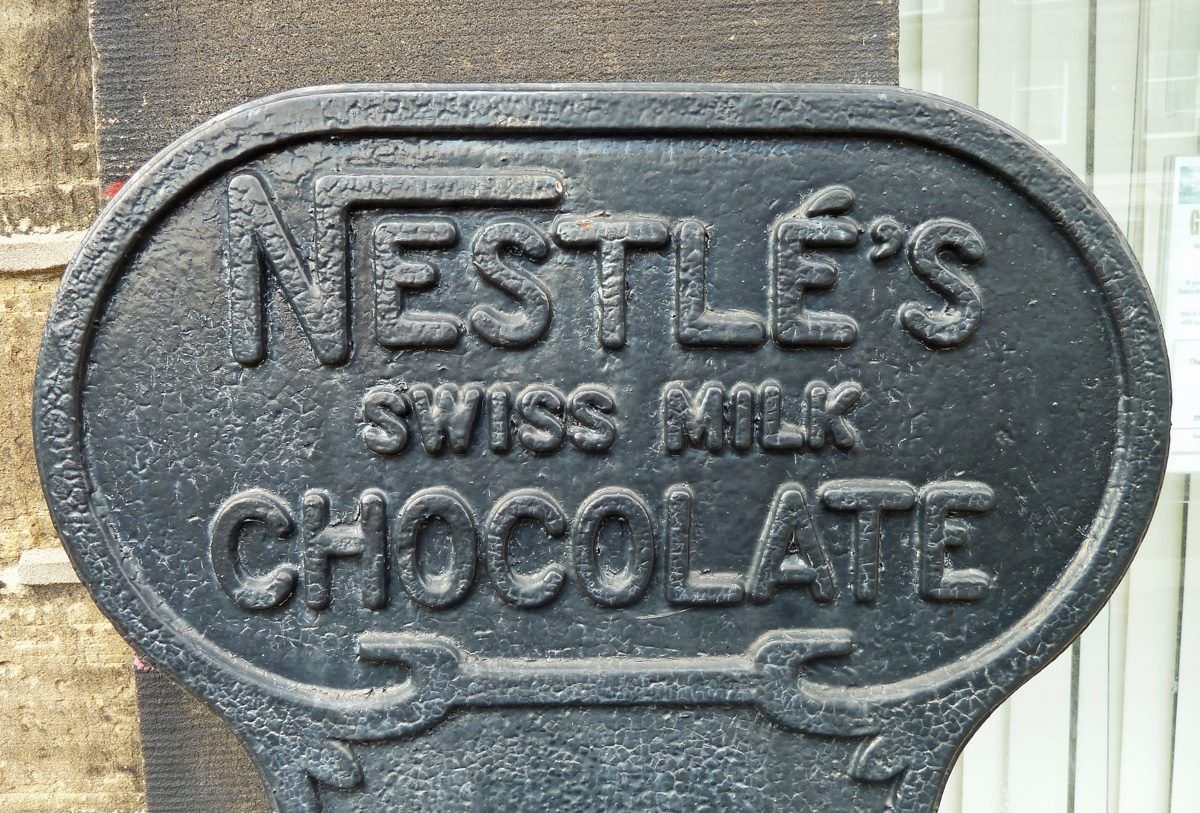But does "cage-free" actually mean anything?

In a press release, Nestlé pledged to transition to entirely cage-free eggs, worldwide, by 2025. In Europe and the US, the Swiss company will bump that date earlier, to the end of the year 2020. “Our purpose is to enhance quality of life and contribute to a healthier future. This includes ensuring decent welfare standards for animals that are reared for the ingredients used in our products,” reads the statement.
Nestlé is the largest food company in the world, according to Forbes; its brands include Nespresso, Blue Bottle Coffee, Perrier, Poland Spring, Shreddies, DiGiorno, Stouffer’s, HÁ¤agen Dazs, PowerBar, Gerber, all Purina brands, Maggi, Carnation, and, just estimating here, roughly one zillion others. Eggs, or products using materials derived from eggs, show up all over the place, from ice cream to pet food to frozen meals. The company pledging to go cage-free seems like a big deal! And it is, sort of, but before you run out and support the philanthropists at Nestlé, let’s take a closer look at what cage-free really means.
In the US, cage-free is not a legally binding term in itself. There are no federally mandated standards for a cage-free label, and theoretically any company can just write it on their egg cartons; there’s no regulatory agency making sure that cage-free birds are living a cruelty-free life. Outright fraud is one thing, but the bigger issue is the lack of specificity: while the term “cage-free” might conjure up images of chickens pecking at bugs in a pasture, it often just means that the birds aren’t in individual cages. Some farms boasting cage-free eggs have high mortality rates due to overcrowding in what is essentially one giant, crowded pen. Droppings can also be a problem. Access to the outdoors, or even a minimum amount of space per hen, is not only not guaranteed by a “cage-free” egg – it isn’t even implied. Nestlé did not address any of this in the press release; we’ve reached out to the company and will update if they get back to us about how they’re defining the term.
This is an inherently tricky situation; Nestlé, like many other companies, wants to be seen doing the right thing. But this is a commodities company, and it will likely seek to save money whenever it can. If it can technically say it’s using cage-free eggs, it will, but it’s up to stronger laws to provide the regulation to ensure that all eggs are produced humanely.